The verdict is in: retinol is a hero ingredient. As one of the most researched and scientifically validated cosmetic ingredients, it is touted for its ability to normalize skin functions, making it a go-to solution for positive aging and acne clearing benefits. However, along with these accolades there is a great deal of confusion about how and when to integrate retinol into a daily skin health routine.
In this article, we’re going to go over how often to use retinol, what to expect from this nightly skincare product, and why it’s so important for strengthening the skin.
The Benefits of Retinol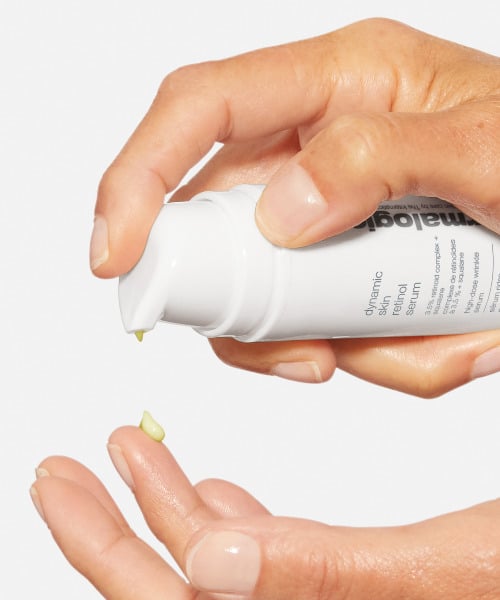
Positive Aging
As mentioned above, retinol is one of the most effective and versatile ingredients to address aging related changes. This ingredient can be used to help:
- boost collagen production
- improve skin tone and texture
- reduce the appearance of fine lines and wrinkles
- protect your skin against environmental damage
Acne Management
- facilitate healthy desquamation (the natural shedding of surface dead skin cells) to prevent acne
- normalize sebum production — ie: skin will produce just the right amount of moisture
Retinol is one of the most effective ingredients for skin health, but it can also cause some serious irritation if you’re not careful. Retinol is a derivative of vitamin A that works by promoting skin renewal and collagen production, which makes your skin look smoother and more radiant. But it’s important to closely follow the guidance of a skin expert when using retinol so you don’t irritate your skin or cause any other problems—specifically an impaired barrier and the issues that come of that (acne, dermatitis, redness, flaking etc).
How Often to Use Retinol
Retinol is a powerful ingredient, and it can be too much for some skin types and conditions to handle. That’s why it’s important to use retinol under the guidance of a professional skin expert, and only as part of your daily skincare routine if you’re over the age of 25—and even then, there are several factors that will determine how often you should use this product. When using retinol as an age prevention tool, it is not recommended for those under 25 years old because their skin hasn’t fully developed yet; they may experience irritation or redness as a result of using too much retinol too quickly. An exception to this would be the use of a topical retinoid that is prescribed by a physician to treat acne.
Start Slow and Work Your Way Up
The first time you use retinol, start with a low concentration and work your way up to higher concentrations as your skin becomes more tolerant. For example: if you’re using 0.25% retinol for the first time, start by applying it at night every other day for two weeks before increasing frequency or strength.
You also want to make sure that you’re using sunscreen daily when using any kind of retinol-based product, no matter how high its concentration is (keep reading to learn about why).
Follow Directions
As with any product, it’s important to follow the directions. If you use too much or too little, you may not get the results that you want.
- Don’t use less than directed and hope for better results—you might end up disappointed when you don’t see the expected benefits because you were inconsistent in using it.
- Don’t use more often than directed—even if it feels like a good idea. If used too often without proper care and attention from a skin expert, overuse can lead to redness; flaking skin; itching sensations due to barrier impairment caused by retinization.
How to Use Retinol Properly
Retinol should be used at night, and only after you’ve washed your face.
The Buffer Method
When using retinol for the first timed, start by mixing one pump of product with equal parts moisturizer every other night for two weeks. If you’re comfortable with how it feels on your skin after this first stage, you can:
1) Apply the retinol without mixing it with a moisturizer. It is still recommended to apply a cream over top to ensure your skin is properly moisturized. Continue with this application every other night for two weeks.
2) If your skin feels good and you are not experiencing any tightness, dryness, redness, and/or flaking you can then graduate to nightly use.
Health Considerations
- Before you start using retinol, it’s important to know that the ingredient can cause irritation. This is especially true if you’re new to this kind of product or your skin is sensitive.
- You also want to make sure that any other medications or treatments you use don’t interfere with the effects of retinol. For example, some oral contraceptives can make your skin dryer, and/or more sensitive to sunlight; if you’re taking them and thinking about starting a retinol regimen it is advisable to consult your GP.
- If you are trying to conceive, or you are pregnant or breast feeding, you should avoid using retinol as risk to the fetus and baby cannot be ruled out. Excess vitamin A in your system can lead to birth/developmental defects.
- Retinol and vitamin A derivatives make the skin photosensitive, which increases the risk of sun burn. For this reason, wearing sunscreen daily is a must. If you enjoy outdoor activities that will expose your skin to hours of sunlight, you may want to reconsider using retinol. That is unless your are prepared to be very diligent with applying sunscreen daily and reapplying it every two hours.
Slow and Steady
When you’re ready to begin working with this hero ingredient, start slow and work your way up.
Retinol can be quite strong, especially in high concentrations. Start with a low concentration and increase it gradually over time as your skin acclimates. This will help prevent any potentional irritation or redness. Even when products are formulated with hydrating and barrier supporting ingredients, it’s important to start off gradually and work your way into using retinol nightly. And remember, if your skin doesn’t tolerate a nightly cadence, it is best to back off and use retinol less frequently; your skin will still reap the benefits that vitamin A has to offer with less frequent use.
If there is one takeaway we hope you get from this post, it is that too much of a good thing is not a good thing. While retinol has fantastic benefits for the skin, if it is not used appropriately it can cause more harm than good. If you’d like to explore whether or not retinol is right for your skin, we invite you to book a consultation with one of our certified skin therapists. After they perform a professional skin analysis and discuss your current routine, lifestyle and goals, they will give you sound guidance on how best to approach adding retinol into your skincare routine.

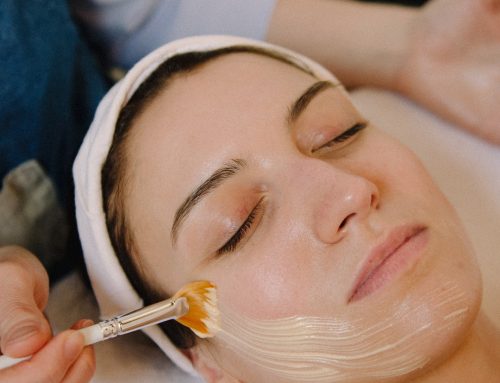
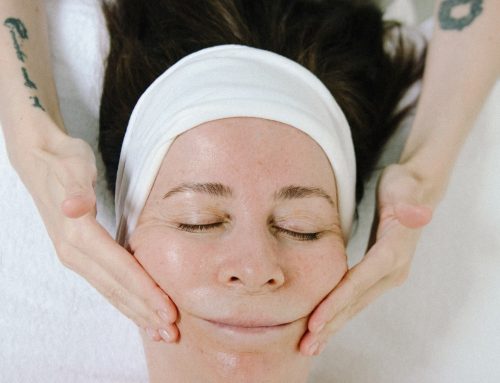
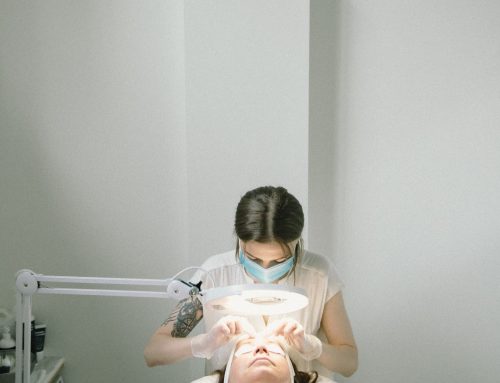
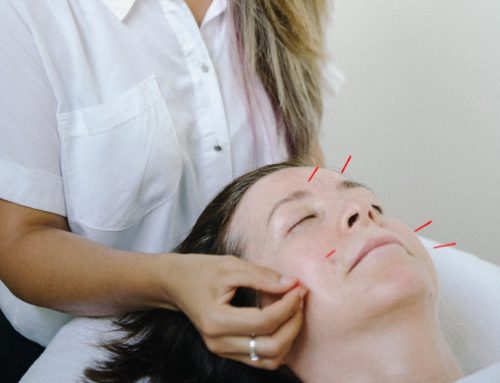

Leave A Comment